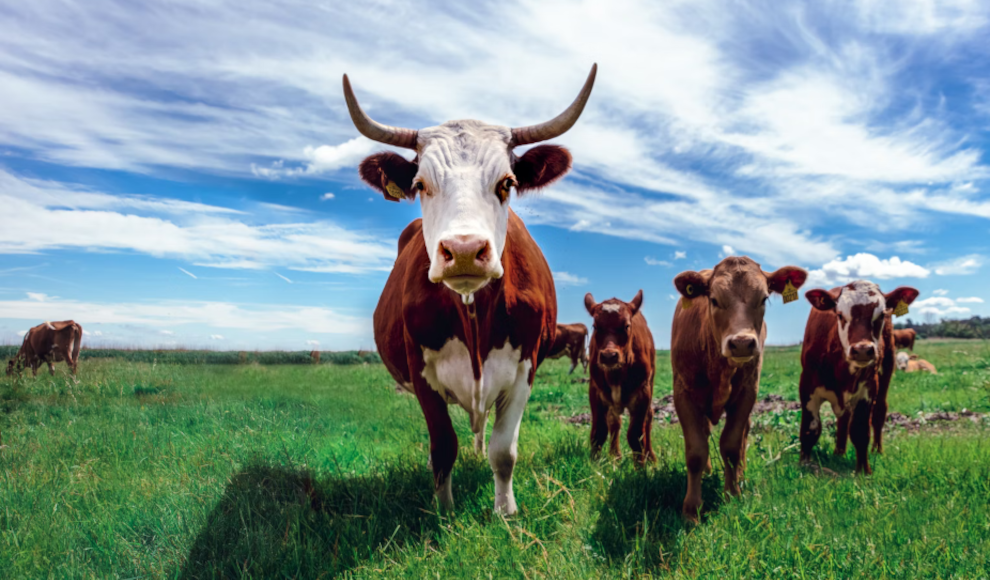The production of meat comes with high externalized costs that the public must bear. According to a study by Soil & More on behalf of Greenpeace, the consumption of beef and pork in Germany results in externalized costs of €5.91 billion per year, with a significant portion of that being environmental and climate damage. If meat producers were to bear all the costs themselves, the price of beef would increase by 52% and pork by 100%. The true cost of meat production in Germany was determined by Soil & More based on various factors, including emissions and land use for feed production, pesticide and waste contamination of groundwater and soil, and the cost of the healthcare system due to excessive meat consumption.
Greenpeace suggests that the externalized costs could be avoided by consistently applying the polluter pays principle. Instead of having the public bear the costs, taxes and fees on meat could be invested in environmental and water protection. This could be achieved through a CO2 tax on meat or differentiated value-added tax rates. The authors of the study argue that it is the government’s responsibility to internalize external costs through taxes and fees to prevent false incentives and the transfer of costs to the public.
While ecological meat production has a lower impact on the environment and climate, it still comes with externalized costs. If these costs were to be covered, organic pork would need to be 23% more expensive and organic beef 50% more expensive. A complete switch to ecological production methods would reduce externalized costs to €3.81 billion if meat consumption remained constant. The study highlights the need for a more sustainable and fair meat production system that takes into account the true costs of production.










